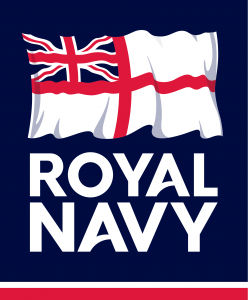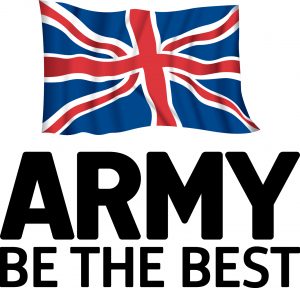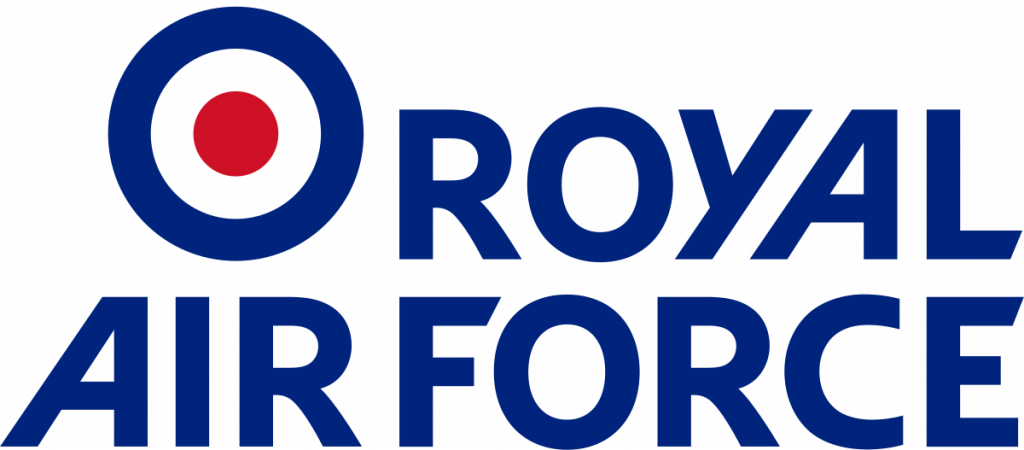
Championing the Value of Reserve Service
The Reserve Forces consist of the Royal Naval Reserve, the Royal Marines Reserve, the Army Reserve and the Royal Air Force Reserves. As a Reservist, you’ll be part of a highly valued team. That’s why great emphasis is placed on the selection and training process, to ensure that Reserve Forces can attain the same high standards as full-time professionals. Joining the Voluntary Reserves means that you do all your training and duties in your spare time and you’ll be paid for all the time you spend with the Reserves.
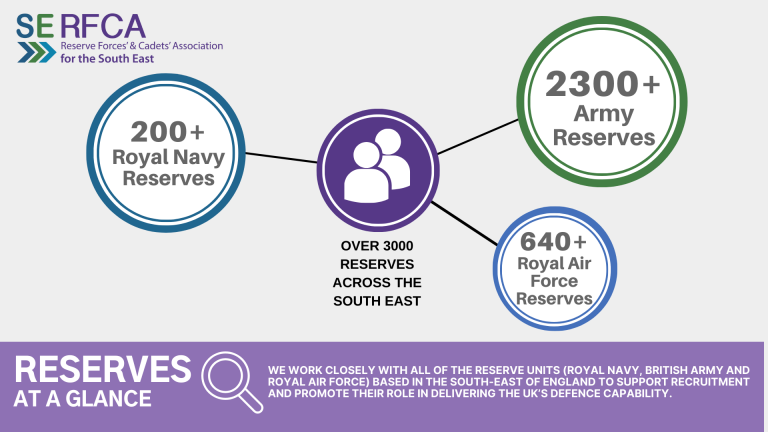
Many reservists have joined directly from the civilian community with no prior military experience and often combine a military role with a civilian career. They give up their time to train to work alongside the Regular Forces on exercise and on operations. Reservists also have the opportunity to take part in adventurous training – often abroad. Being a reservist provides the opportunity to gain new skills which can often be very beneficial in their civilian careers.
The Royal Naval & Royal Marine Reserve
The Royal Naval Reserve, together with the Royal Marines Reserve, form the Maritime Reserves.
The Royal Naval Reserve’s involvement in protecting our nation’s interests ranges from conflict operations, to counter-terrorism and anti-piracy work. As a Reservist, you’ll also have a role to play in providing security at sea and humanitarian assistance across the globe. As part of the whole force you’ll be indistinguishable from your Royal Navy counterparts.
Joining the Royal Marines Reserve means being a part-time soldier, but a fully trained Commando. You’ll do the same Commando course as everyone who wears the green beret, but you’ll spend evenings and weekends completing the same standards and times. As soon as you’re trained, your deployable, which means going wherever you’re needed, from conflict zones, to areas hit by humanitarian crisis.
Find out more about the Naval Reserve Units in the South East: HMS KING ALFRED (Portsmouth) and MEDWAY DIVISION
The Army Reserve
The Army Reserve has two clearly defined roles. Firstly, it provides highly trained soldiers who can work alongside the Regulars on missions in the UK and overseas. Secondly, it gives people who have specialist skills, like medics and engineers, a range of exciting opportunities to use them in new ways.
Over the next few years the role of the Army Reserve will be expanded and they will work even more closely with the rest of the Army. This means that there will be more opportunities for people who want to enjoy the challenges that come with being a Reservist.
How much time you spend is really up to you – training is flexible and can fit around your life. Most roles will ask you to aim for 27 days a year – and your weekly training session at your unit will count towards this. If you complete 27 days and pass the Military Annual Training Tests you’ll qualify for a tax-free bonus payment on top of your pay.
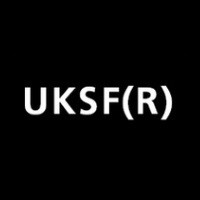
United Kingdom Special Forces (Reserve)
UKSF(R) comprising of 21 SAS(R), 23 SAS(R), SBS(R) and 63 (UKSF) Sig Sqn, is tasked to the highest level and can operate in difficult and often changing circumstances, sometimes in absence of guidance and within situations that have significant operational and strategic importance.
Applicants must be able to commit to intense and extended training demands and be willing to deploy overseas and commit to operations.
21 & 23 SPECIAL AIR SERVICE (SAS)
21 & 23 SAS are an integrated part of the United Kingdom Special Forces (UKSF) group comprising regular and reserve units, operating at the strategic and operational level.
Special Forces Communicators (Reserve) provide additional communications capability to their regular counterparts.
The RAF Reserve
RAF Reserves train and work in their spare time alongside the Regulars. Reserves train to the same high standards as Regular personnel and perform a crucial role within the organisation. Working around their day job, using their weekends, they gain transferable skills and a rewarding lifestyle that offers the best of both worlds.
The RAF Reserves has a highly talented and motivated workforce that would be the envy of any organisation. Its people have a reputation for excellence and professionalism. They are well trained, qualified and educated, as well as innovative and intelligent.
Find your nearest RAF base here
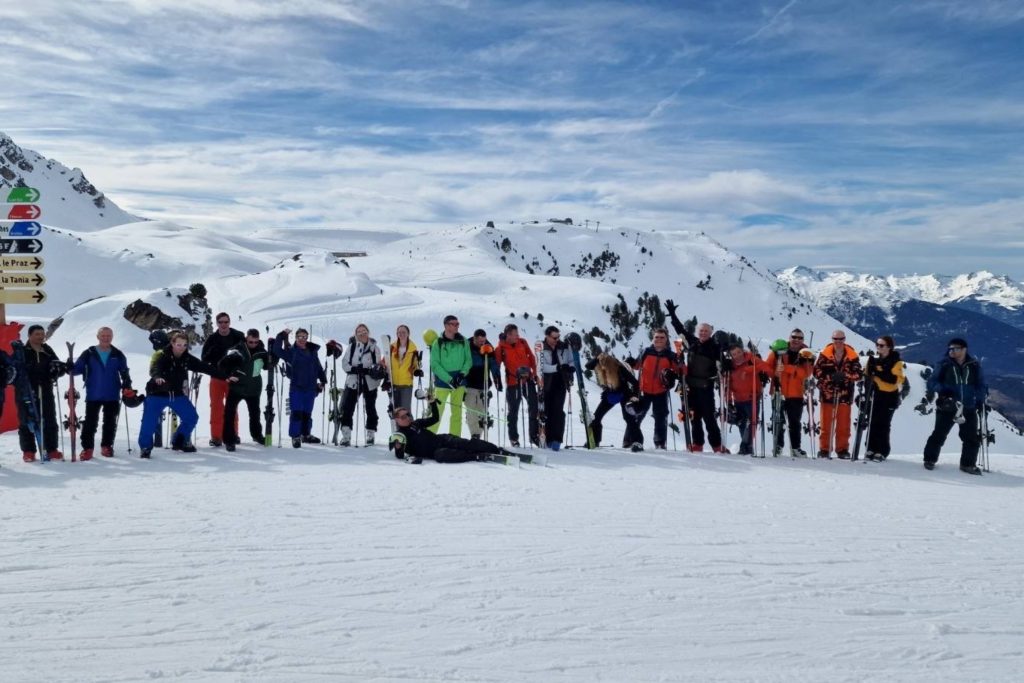
University Officer Training
The University Royal Naval Unit, University Officer Training Corps and University Air Squadrons are like no other university societies.
Officer training is a club for male and female students who want to get more out of a student life and a chance to get together with likeminded students who share common interests. The universities will develop your full potential and allow you to become the leaders of tomorrow .You can take part in adventurous training, sport, community projects and expeditions which will challenge you both mentally and physically.
You will gain the experience of a lifetime and an exposure to the values and ethos of the Armed Forces.
Please see a list of all Officer Training Units across the South East below:
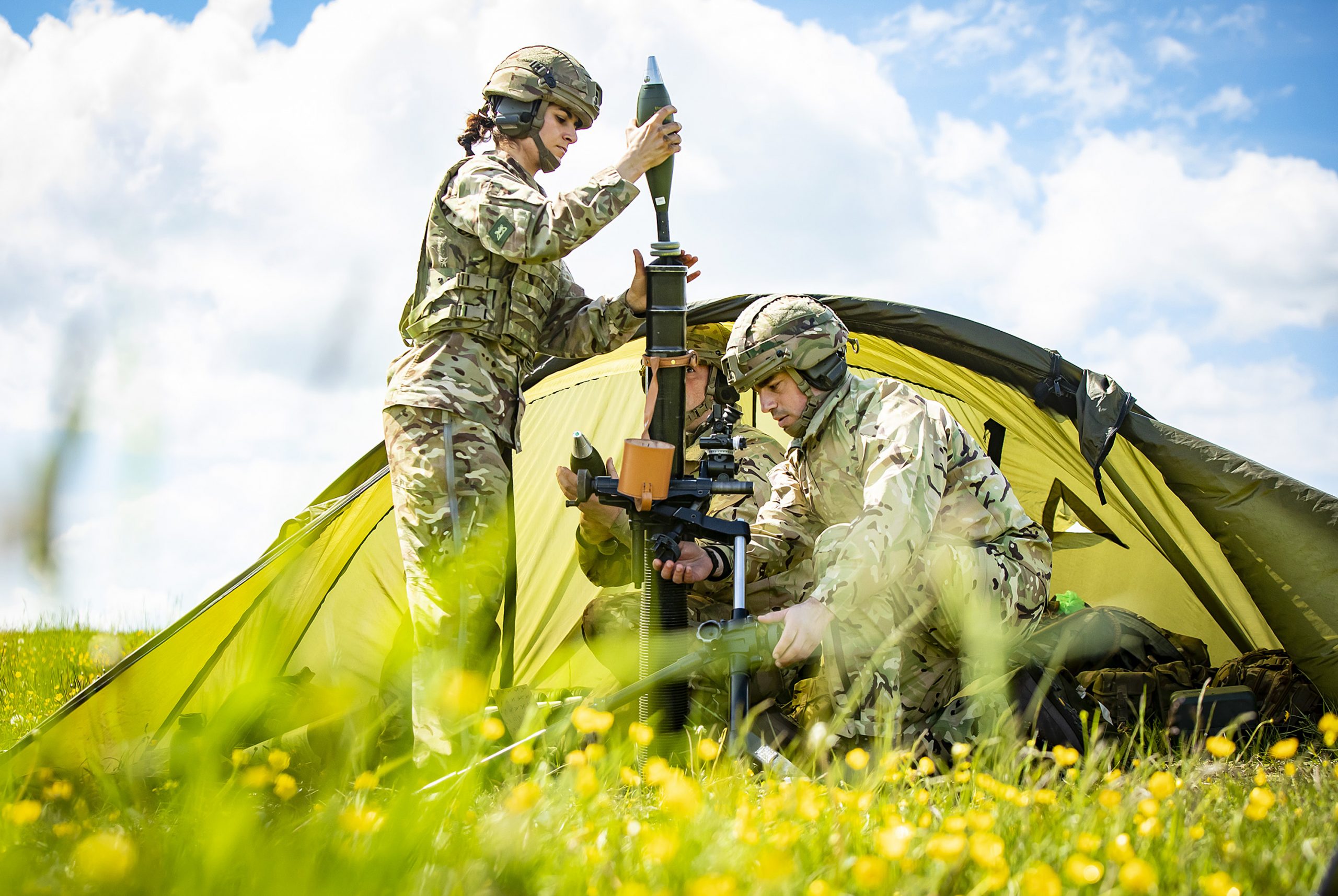
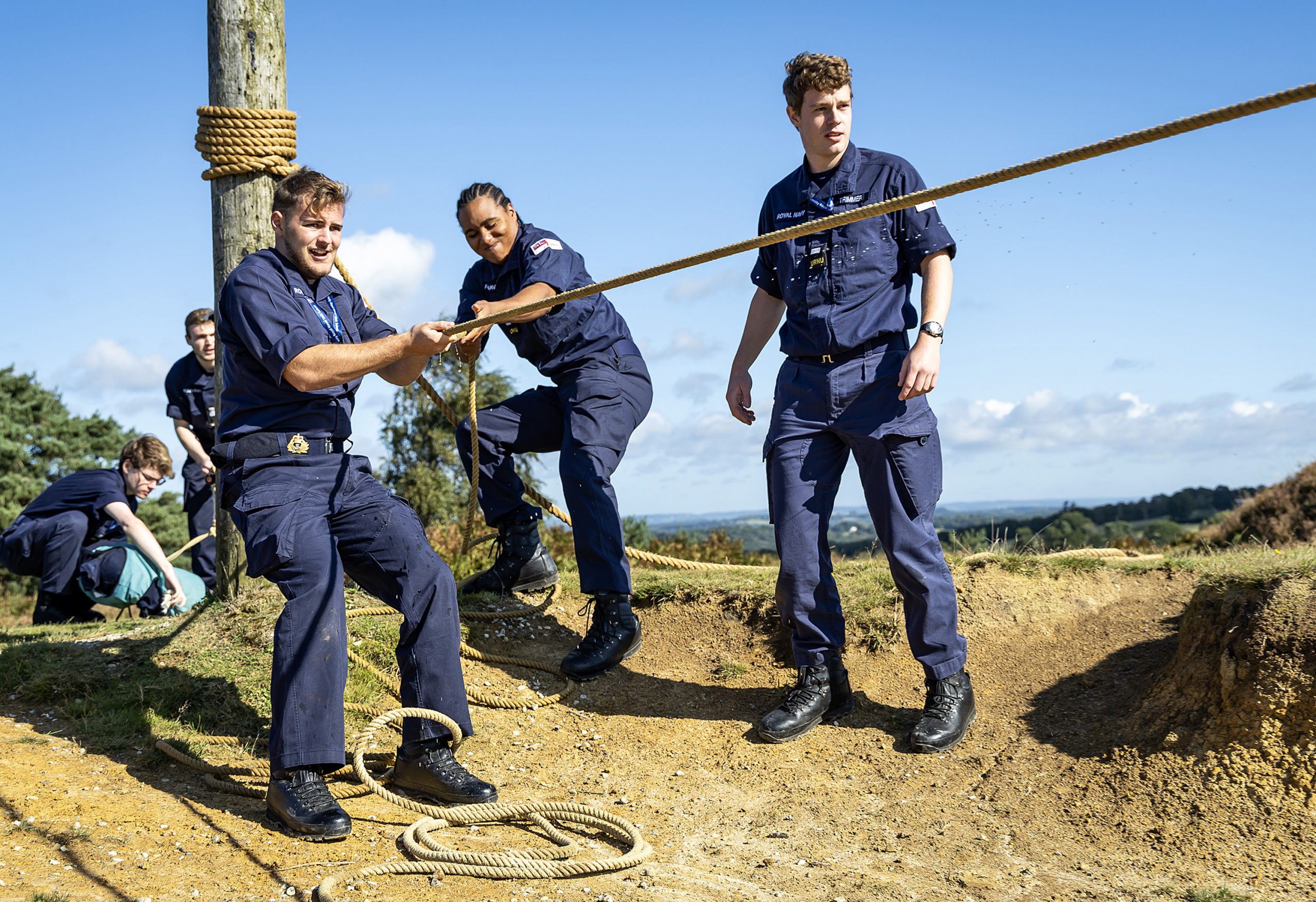
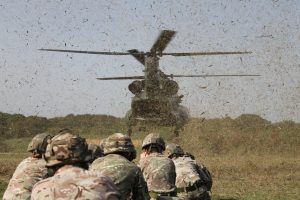
Subscribe to our monthly newsletter to receive a round up of our latest news across the South East

